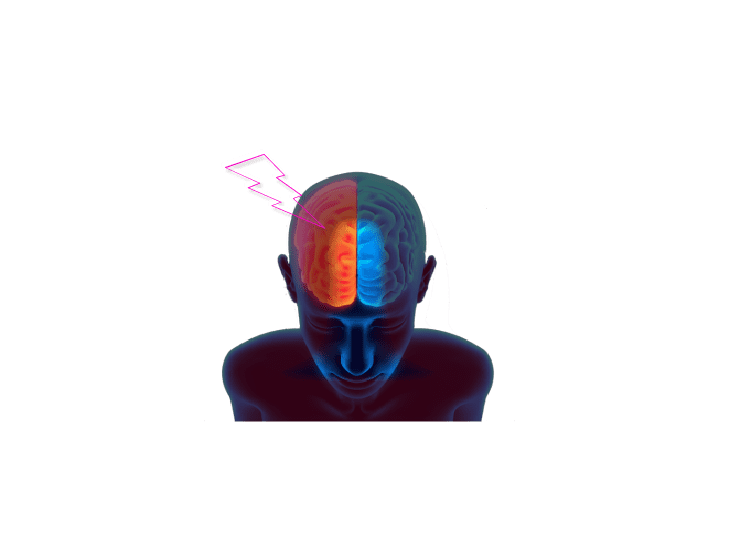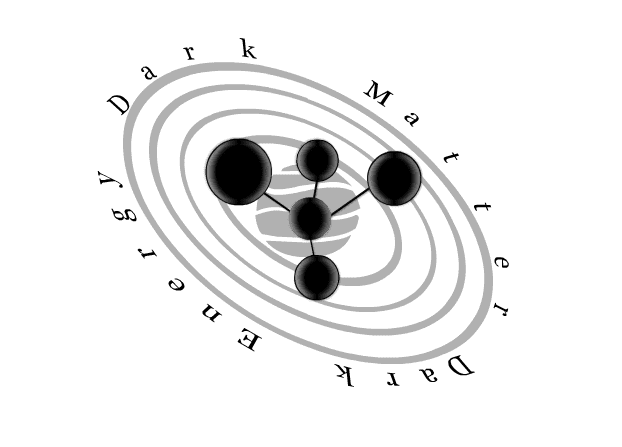Ia na cava na vakadidike? Na ka dina ni vosa sai koya ga na sainesi e lako mai na Vaka-Latina vosa o ya na kena ibalebale Kila Ka kei na yaca ni vuqa na tabana ni vakadidike. Na vakadidike sai koya na vulici ni vakayago kei na itovo vakayago e vuravura ena vakadidike kei na vakatovotovo e vakaibalebaletaki ena vakadidike e rua na ka e bibi sara.
- vakadidike
- vakatovotovotaki
E sa dua na ivakarau tudei ni kena raici taumada na vuravura ka qai vakatovotovotaka eso na vakatovotovo me kilai kina na kena ituvaki kei na itovo. E dua na sala dodonu ni kena kilai na vuravura kei vuravura ka qai tukuna e dua na ivakamacala ni kena cakacaka.
iWalewale Ni Vakadidike
Na iWalewale vakadidike na kila-ka ni vakadidike e yavutaki vakaidina ena dua na iwalewale ka vakatokai me iwalewale ni vakadidike. Ena iwalewale ni vakadidike.
- Me keitou taroga mada e dua na taro me baleta e dua na leqa
- Qai vakadidike kina
- Vakararavitaka e dua na kena ivakatakata, cakava e dua na vakatovotovo
- Kumuni itukutuku
- Cakava e dua tale na vakadidike
- Qai tini ena dua na itinitini
Oqo sara ga na veikalawa duidui eda sa mai kila kina na inaki dina mai na dua na ka veivakuravi.
Bibi ni vakadidike
vakadidike e veimuataki ki na veika vou kila ka kei na ka vou kunea. Sa vakarabailevutaka na noda kila vakavinaka na bula e Vuravura. Na veivuravura duidui talega. Eda sa kunea tiko na bula e Mars. E vakarautaka na toso kei na veivakatorocaketaki e veivuke talega me vakarusa na vakabauta lasu. Sa rawa kina vei keda me da vakasama sara vakabibi ka dodonu. sa walia e vuqa na noda leqa.
Tabana ni vakadidike
Na vakadidike ni gauna oqo e rawa ni wasei ki na tolu na tabana levu. E dua vei ira na kilaka vakatamata. Sa wasei tale ki na Veika Vakatamata fisiki, kemisiti (chemistry) kei na veika ni bula. Na fisiki e ka ni vulici ni vuravura taucoko ka kena vulici na lesoni ni lesoni vakayago ka vulici ni bula kei na ituvaki bula. Sa vakakina na vakadidike ni bula raraba e oka kina na ivakasala ni bula, bula vakatasausau, itukutuku makawa, lawa, kei na so tale. Ka sa oti na vakadidike e oka kina na fika ni fika, vakadidike ni itukutuku, vakadidike ni kompiuta.
Our lives are affected deeply by science. In fact, it pervades almost all aspects of our modern life. Below are some areas where science affects our daily lives:
Healthcare
Medicine has been enhanced by the development of new technology, treatments and drugs – thanks to the impact of science on healthcare. Applying science in medicine has improved treatment and increased longevity. Medical research also improves surgical techniques helps diagnose and treat diseases more effectively and develops vaccines thus saving millions of lives.
Communication
Invention of telephone and radio to development of internet and smartphones have changed communication due to scientific breakthroughs. This means that individuals can communicate immediately over long distances as a result fostering collaboration, sharing of information and connecting with others from every corner in the world.
Transportation
Science contributes greatly towards transportation systems hence leading to safer modes of travel which are also eco-friendly thereby resulting into efficient modes of transport. Me kena ivakaraitaki, improvements in automotive engineering, air travel, public transportation have made it easier and quicker for people to commute or travel around as well as move goods contributing significantly towards economic growth and global connectivity.
Energy
Science plays an important role in the development of renewable energy sources, including solar, wind, hydroelectricity and energy storage and efficiency. Such technologies can help reduce the dependence on fossil fuels, address climate change and promote sustainable development.
Food and Agriculture
Through research, farming has been improved by increasing crop yields as well as safety and security in food production. Global food challenges are addressed at a point where biotechnology, genetic engineering or/and precision agriculture techniques produce resilient as well as nutritious crops that support sustainable agriculture.
Environment
Science helps us to understand environmental issues like climate change, pollution or biodiversity loss thereby providing a basis for conservation efforts and environmental management. Solutions are developed through monitoring systems modeling analysis to minimise the environmental impact which promotes sustainability.
Entertainment and Leisure
From the creation of video games to advances in film making scientific knowledge is effectively used in entertainment activities. Cultural experiences, artistic expression and recreations also benefit from scientific findings which contribute to our life enrichment with widening horizons.
Education
The second prompt is about education. Science Education encourages the development of critical thinking and problem-solving skills, and scientific literacy, enabling individuals to make informed decisions and engage with complex societal issues. STEM (science, technology, engineering and mathematics) education trains students for science-related jobs and drives innovation as well as economic growth.
Generally speaking, science pervades our lives profoundly leading to progress, innovation and social betterment. This can improve human welfare by embracing scientific investigation honing its capabilities to solve problems; this will be a better future for humanity.
Types of Science
Science can generally be divided into a variety of branches or disciplines, each concentrating on different aspects of nature and using separate methodologies. The following are some major types of sciences:
1.Natural Sciences
These study the physical world and natural phenomena such as matter, energy, space and time. Major Types of natural science include:
Physics
The study of matter, energy and basic forces that exist in nature.
Chemistry
The study of composition, behavior and interaction between different substances.
Biology
The science that deals with living things and their interactions with each other and the environment.
Earth Sciences (Geosciences)
This branch includes subjects like geology, meteorology, oceanography, environmental science.
2.Formal Sciences
These are concerned with abstract ideas or theoretical systems which typically use mathematical or logical techniques to examine patterns and structures. Main Kinds of formal science include:
Mathematics
A field which deals with numbers, quantities shapes patterns including their relationships.
Computer Science
It is a discipline that studies algorithms data structures computation information processing.
3.Social Sciences
The social sciences involve the study of human behavior, societies and institutions through empirical observation and analysis in order to analyze social phenomena and processes. These include:
Psychology
Analyzing the mind, actions and mental processes.
Sociology
Examining human communities, social interactions as well as their arrangements.
Economics
It is about the production, distribution and consumption of goods and services; it studies the conducts of individuals as well as entities within economic systems.
Political Science
This major looks after political institutions, systems, behavior and power politics.
4.Applied Sciences
Applied sciences use scientific knowledge and principles to solve practical problems or invent new technologies for particular purposes. Examples of applied sciences are:
Engineering
This discipline involves designing, constructing and maintaining structures, machines or systems using scientific or mathematical principles.
Medicine
The science used to diagnose diseases, treat them cure some while control others is referred to as medicine
Agricultural Science
It deals with crop production animal husbandry soil management etc
These categories are not mutually exclusive and often there is overlap in different branches of science. Besides interdisciplinary fields such as bioinformatics, environmental science and materials science are merging concepts and methodologies from different scientific disciplines as a way of solving hard problems.



















Volavola vakasakiti. Au taleitaka sara ga na mata oqo. Volavola tikoga!